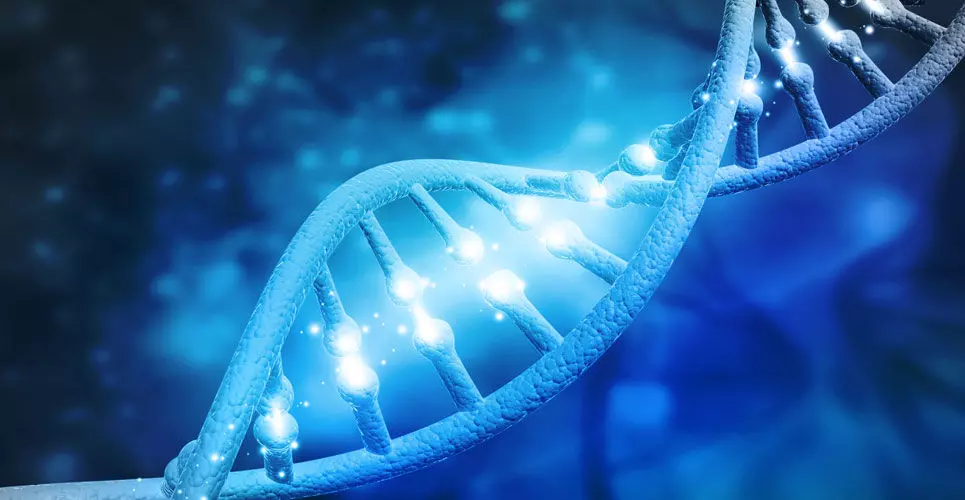
How genetic variations make us prone to allergies
text_fieldsNew York: Scientists at the University of Pennsylvania have discovered how genetic variations affecting a specific protein can impact the human body's response to allergies.
In their study published in the journal Immunity, the research team utilized advanced genomics and imaging methods to examine the role of the ETS1 protein.
The research team observed that even slight alterations in ETS1 protein can heighten the likelihood of allergic reactions that lead to inflammation.
The investigation, conducted using an animal model, revealed that ETS1 plays a crucial role in regulating CD4+ T helper cells, a type of immune cell pivotal in allergic responses. These cells are responsible for activating and coordinating other immune cells as part of the immune system's overall response.
DNA interactions within the genomic segment encompassing the ETS1 gene control how much of the ETS1 protein is made.
"We discovered that these interactions work like a dimmer switch," said Golnaz Vahedi, Associate Professor of Genetics, at the varsity's Perelman School of Medicine.
"When there are changes in the DNA in this area, it can mess up the dimmer switch, causing problems with controlling the ETS1 protein. This can lead to imbalances in our immune cells and cause allergic inflammation," she added.
While there has been progress in understanding genetic traits that follow predictable patterns, like those passed down from parents, it's been more challenging to understand conditions that involve many different genes and are common in populations. These complex conditions cannot be explained by simply "turning off" one gene.
Instead, they may be caused by small changes in the DNA that affect how genes work together. However, researchers still do not know much about how these changes in DNA relate to how our genes are organised or how they affect how genes are expressed in most complex diseases.
"This work demonstrates how small differences in our DNA can disturb the balance between our immune cells, resulting in significant observable characteristics in patients. This phenomenon may occur in other common diseases such as autoimmune disorders," said Jorge Henao-Mejia, Associate Professor of Pathology and Laboratory Medicine at the Perelman.
With inputs from agencies
 Also Read:Gas stoves can emit high levels of Benzene, linked to high risk of Leukaemia
Also Read:Gas stoves can emit high levels of Benzene, linked to high risk of Leukaemia























